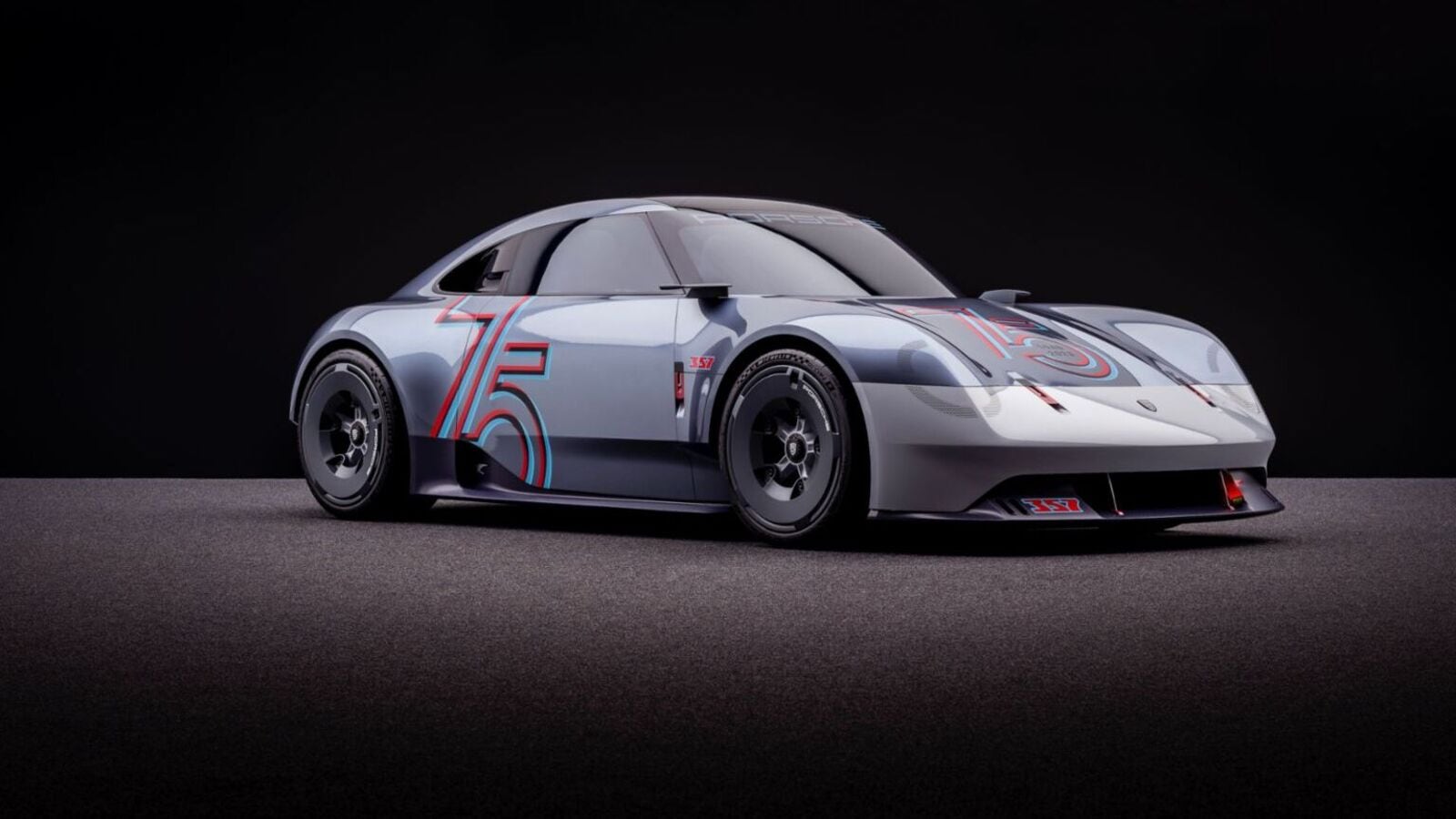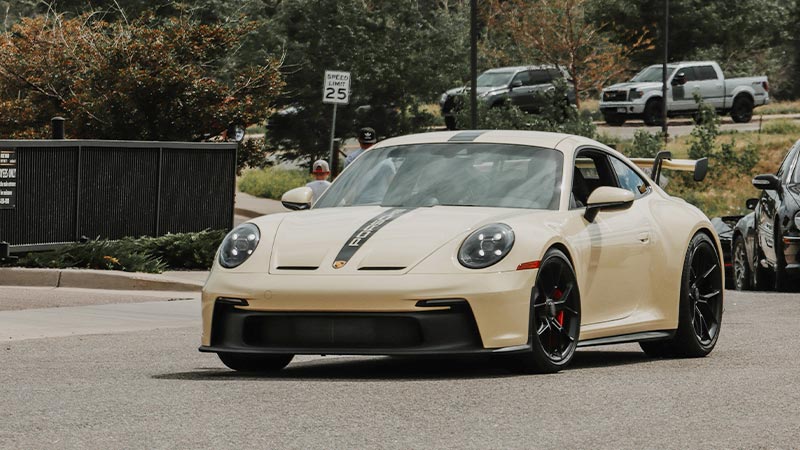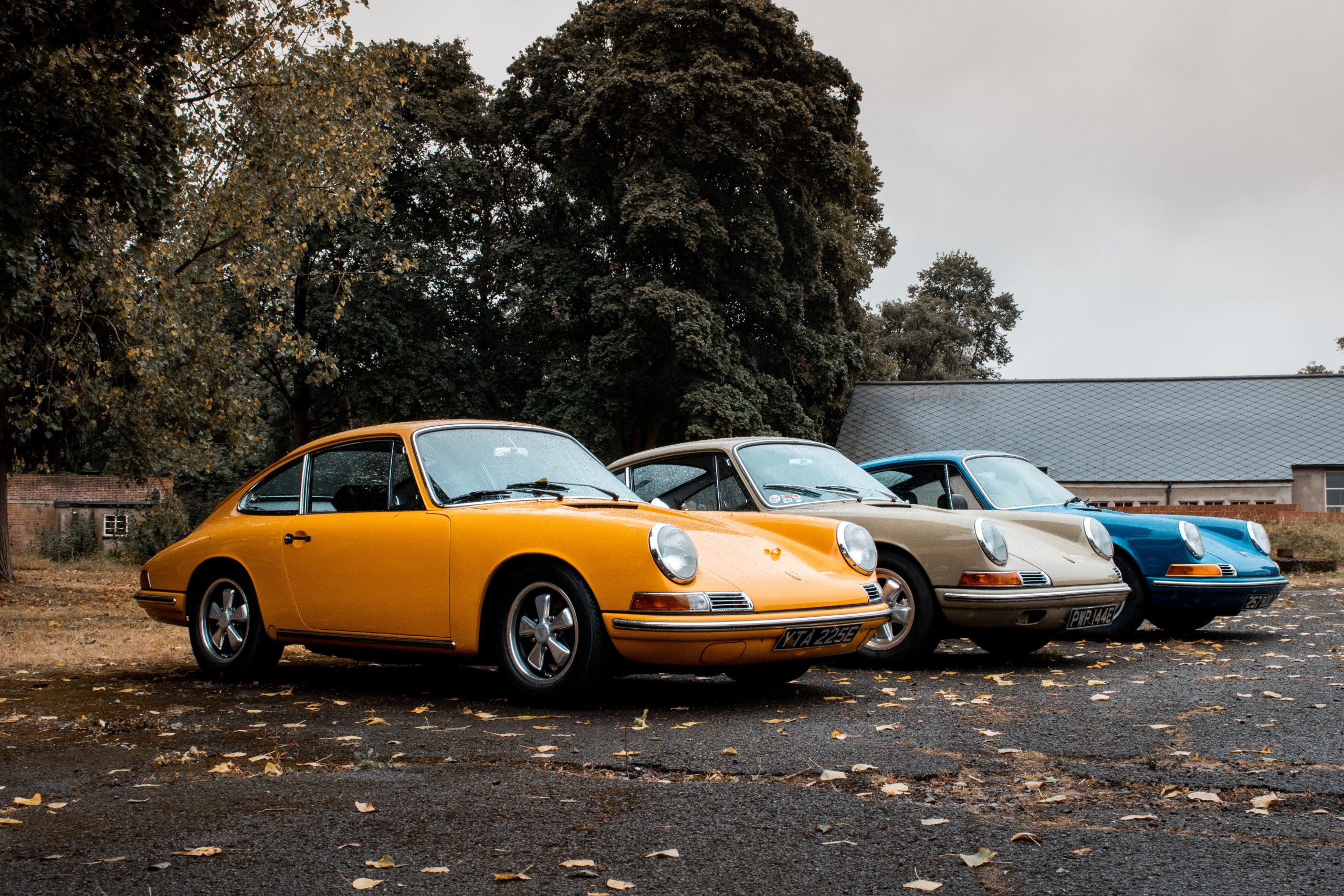Where Are Porsche Cars From?
Share

When you think of luxury sports cars, the name Porsche often comes to mind. This iconic brand has long been synonymous with performance, precision engineering, and innovative design. But where are Porsche cars from? In this blog post, we will delve into the history of Porsche, the production locations, and what makes these vehicles so special.
The Origins of Porsche
Porsche was founded in 1931 by Ferdinand Porsche in Stuttgart, Germany. The company originally operated as a consulting firm for vehicle development, advising clients on technical design, including for companies like Volkswagen. The first major project was the development of the legendary Volkswagen Beetle.

It wasn't until 1948 that the first car to bear the Porsche name, the Porsche 356, rolled out of the factory. Designed by Ferdinand's son, Ferdinand "Ferry" Porsche, the 356 was a lightweight, nimble sports car that quickly gained acclaim for its performance and design. The early models were built in a small car factory in Gmünd, Austria, before advancing to the well-established operations in Stuttgart.
The Production Locations of Porsche Cars
When asking where Porsche cars are from, it is essential to consider the modern production facilities.
Stuttgart, Germany
Today, Porsche's primary manufacturing facility is located in Zuffenhausen, a district of Stuttgart, Germany. This facility is notable for producing high-performance models such as the Porsche 911 and the Porsche Boxster. The name "Zuffenhausen" has become almost synonymous with Porsche itself, as it represents the heart of the brand’s operations.

Within this plant, skilled craftsmen and advanced technology converge to create some of the finest sports cars in the world. The factory embraces the mantra of "manufacturing and craftsmanship," emphasizing attention to detail and quality control in every single vehicle produced.
Leipzig, Germany
In addition to its Stuttgart facility, Porsche also has a second plant in Leipzig, Germany. Established in 2002, this state-of-the-art production site is responsible for manufacturing models such as the Porsche Cayenne and Macan. The Leipzig plant boasts advanced manufacturing processes, including the use of automated systems and robotics.
The Leipzig site was also designed with sustainability in mind, making it one of the most environmentally friendly automotive plants in the world. They employ methods for energy conservation and recycling, showcasing Porsche's commitment to responsible manufacturing.

The Legacy Behind the Brand
Porsche's legacy of innovation extends beyond just manufacturing. The company has been at the forefront of automotive design, contributing significantly to racing and performance technology. Their engineering excellence has led to numerous motorsport victories, further enhancing the brand's reputation.
With the launch of the Porsche 917 in 1969, Porsche transformed the world of sports car racing. This model showcased German engineering prowess, dominating competitions and securing prestigious wins at the 24 Hours of Le Mans. Achievements like these solidified Porsche as a formidable competitor in the automotive industry and a symbol of exceptional performance.
Porsche's Global Influence
While Porsche originated in Germany, its influence is felt worldwide. The company has expanded its reach, setting up sales and service networks in various countries. For many, owning a Porsche is more than just a vehicle; it is a status symbol rooted in a rich history of engineering and luxury.
Today, Porsche has manufacturing plants not only in Germany but also has also invested in locations around the globe, enhancing global operations to satisfy the demand for its vehicles. Whether you are in Australia, the United States, or Asia, you can find Porsche models that blend efficiency, luxury, and incredible performance, creating a vehicle truly tailored for enthusiasts everywhere.

The Future of Porsche
Porsche is also looking toward the future, focusing on electric mobility while staying true to its core values of performance and driving pleasure. The introduction of the Porsche Taycan marked a significant step in the electrification journey, seamlessly merging tradition with innovation.
As emissions regulations become more stringent and consumer preferences shift toward sustainable vehicles, Porsche is committed to staying at the forefront of automotive technology. This ensures that they continue to produce vehicles that embody their iconic performance standards while meeting modern environmental demands.
Conclusion
So, where are Porsche cars from? These remarkable vehicles have their roots in Stuttgart, Germany, where a relentless pursuit of engineering excellence began decades ago. With a commitment to quality, performance, and sustainability, Porsche continues to evolve and adapt to the changing automotive landscape.
For enthusiasts, Porsche isn't merely a car brand; it embodies a lifestyle and passion for innovative engineering and driving excellence. Whether you are drawn to their classic models or the latest electric offerings, Porsche remains a beacon of automotive excellence. Embrace the legacy, experience the luxury, and appreciate the history behind every Porsche—the timeless classic deeply rooted in German craftsmanship.